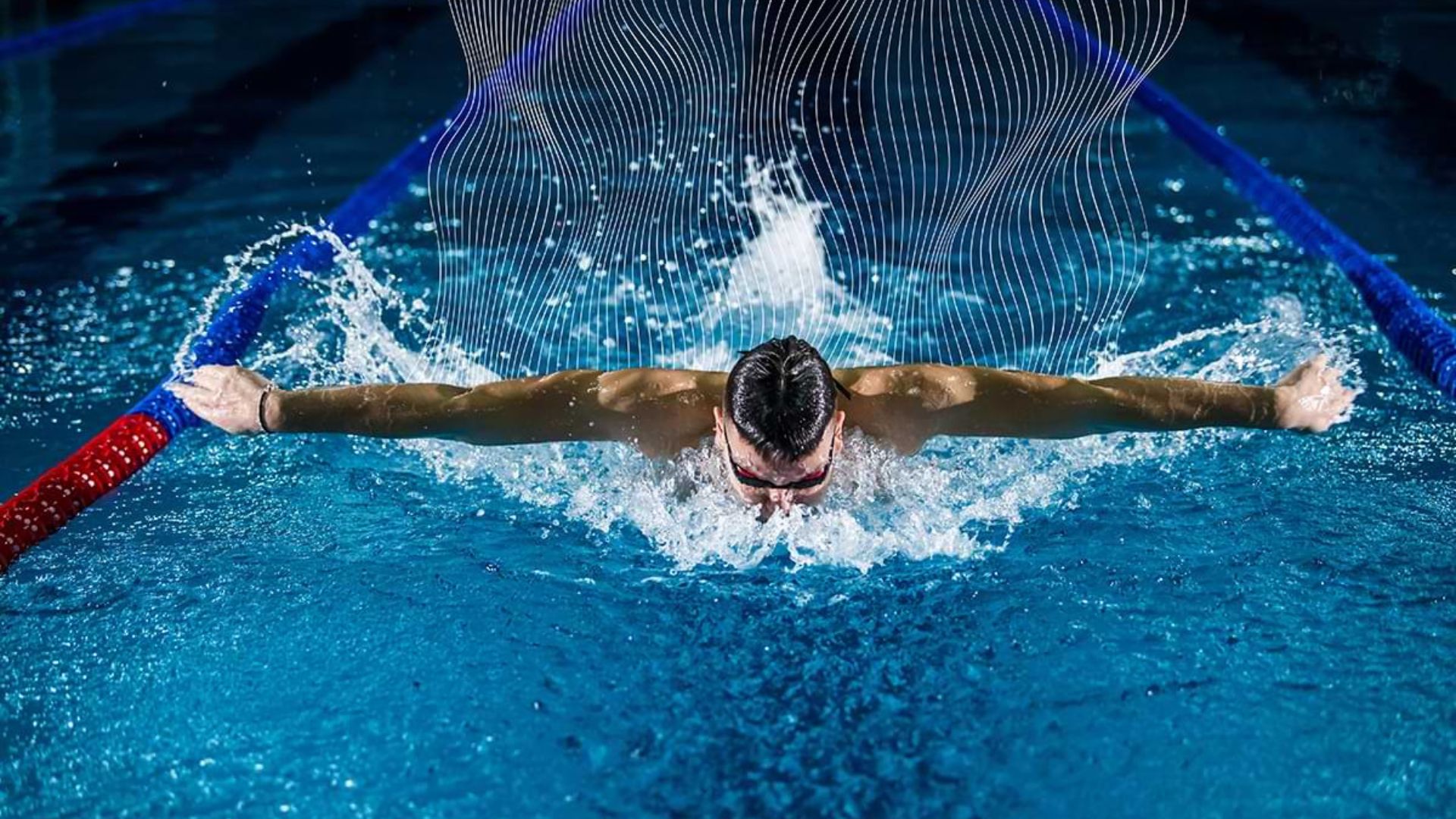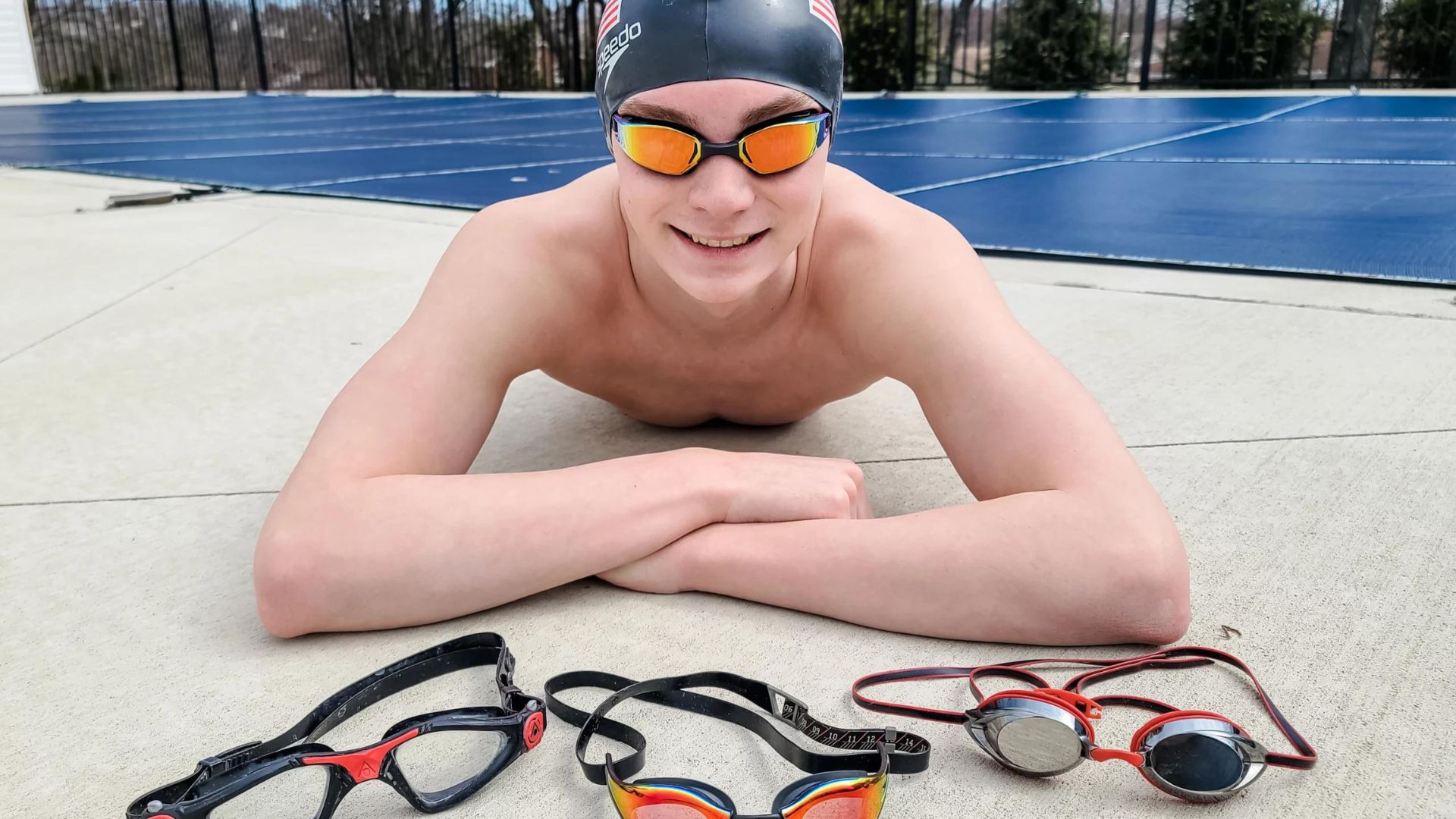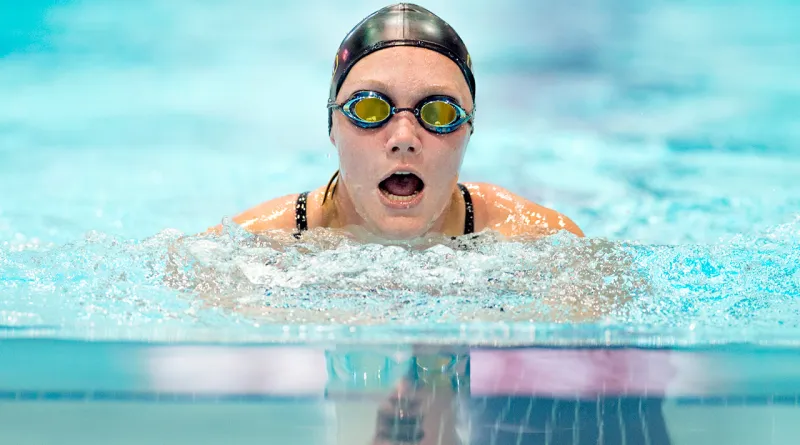Swim training is demanding, pushing swimmers to their physical and mental limits. However, the secret to improved performance and avoiding injuries lies in the intensity of the workouts and the importance of recovery. Proper recovery allows the body to repair, strengthen, and prepare for future training sessions. Here’s why recovery is crucial in swim training and how to incorporate it effectively into your routine.

Why Recovery is Important
1. Muscle Repair and Growth
Muscles undergo stress and tiny tears during swim training, especially during high-intensity workouts. Recovery periods are when the body repairs these muscle fibers, making them stronger. Without adequate recovery, muscles can’t repair properly, leading to overtraining and increased risk of injury.
2. Injury Prevention
Constantly pushing the body without giving it time to rest increases the likelihood of injuries. Swimmers are particularly prone to shoulder injuries, stress fractures, and tendinitis. Adequate recovery helps prevent these injuries by allowing the body to heal and adapt to the stresses of training.
3. Mental Rejuvenation
Swim training is not only physically demanding but also mentally exhausting. Recovery provides a necessary mental break, reducing the risk of burnout. Taking time off helps maintain motivation and a positive mindset, which are crucial for long-term success in swimming.
4. Improved Performance
Proper recovery enhances overall performance. Swimmers who prioritize recovery can train more consistently and effectively. The body functions better, reaction times improve, and swimmers can push harder in subsequent training sessions, leading to better competition performance.
Effective Recovery Strategies
1. Rest Days
Incorporate regular rest days into your training schedule. These days are essential for muscle recovery and overall rejuvenation. Rest days don’t mean complete inactivity; light activities like walking or gentle stretching can still be beneficial.
2. Sleep
Sleep is one of the most critical components of recovery. Aim for 7-9 hours of quality sleep each night. During sleep, the body undergoes various repair processes, including muscle recovery and memory consolidation. Create a conducive sleep environment and maintain a consistent sleep schedule.
3. Nutrition and Hydration
Proper nutrition fuels recovery. After intense swim sessions, consume a balanced meal with carbohydrates, proteins, and healthy fats to replenish energy stores and aid muscle repair. Hydration is equally important; drink plenty of water to replace fluids lost during workouts and support overall bodily functions.
4. Active Recovery
Incorporate active recovery sessions into your routine. Activities like light swimming, yoga, or gentle cycling increase blood flow to muscles, aiding in the removal of metabolic waste products and reducing muscle soreness. Active recovery also promotes flexibility and overall mobility.
5. Stretching and Foam Rolling
Regular stretching and foam rolling help maintain flexibility and reduce muscle tightness. Focus on major muscle groups used in swimming, such as the shoulders, back, and legs. Incorporate dynamic stretches before workouts and static stretches post-training to enhance recovery.
6. Massage and Physical Therapy
Consider regular massages or physical therapy sessions. These therapies help alleviate muscle tension, improve circulation, and enhance overall recovery. A professional therapist can identify and address specific issues, contributing to injury prevention and better performance.
7. Cold and Heat Therapy
Cold therapy, like ice baths or cold showers, reduces inflammation and muscle soreness post-workout. Conversely, heat therapy, such as warm baths or heating pads, relaxes muscles and promotes blood flow. Alternating between cold and heat therapy can be particularly effective for recovery.
8. Listening to Your Body
Pay attention to your body’s signals. Fatigue, persistent soreness, or a decline in performance are signs that you may need more recovery time. Adjust your training intensity and recovery strategies accordingly to prevent overtraining and maintain long-term progress.
Conclusion
Recovery is not a luxury but a necessity in swim training. It plays a pivotal role in muscle repair, injury prevention, mental rejuvenation, and overall performance improvement. By incorporating effective recovery strategies such as rest days, proper sleep, nutrition, active recovery, stretching, and therapy, swimmers can optimize their training and achieve their goals. Remember, the importance of recovery cannot be overstated – it is the key to unlocking your full potential in the pool.


